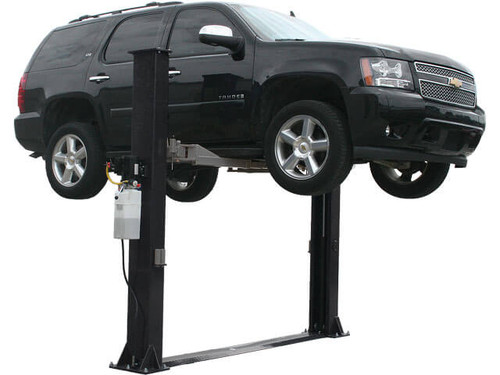Realtor.com quoted me in Rental Potholes—and How to Avoid Falling Into Them. It opens,
Until you have the money to buy your own home, renting is eventually a part of just about every person’s life. And typically this transaction tends to work out just fine. Until it doesn’t. Because there is indeed plenty that can go wrong, leaving renters learning some difficult lessons through trial and error. To make sure you aren’t one of them, check out these rental roadblocks—and what you can do to keep from getting stuck.
Somebody’s watching you
“My work took our family to Florida and in our haste to find somewhere to live with our two kids, we found a gorgeous townhouse seaside rental. The ocean views were incredible, just what we’d dreamed of. So incredible, in fact, that we didn’t realize the unit lacked window coverings of any kind! And as much as I loved looking at the ocean, there were times when some level of privacy was desired; people could see into the whole house if they were walking along the beach. When we shared this ‘oversight’ with the landlord, his offer was to split the costs of full-house window coverings! We decided not to help the property owner increase the value of his home. We continued to enjoy ocean views on a 24/7 basis but moved out after a year.” – Rhonda Moret, Del Mar, CA
Lesson learned: Don’t let your enthusiasm keep you from doing your due diligence before thoroughly vetting a place and signing on the dotted line.
“This responsibility falls squarely on the tenant; you can’t expect someone else to look out for your interests. That’s your job,” says David Reiss, academic program director for Brooklyn Law School’s Center for Urban Business Entrepreneurship. But by the same turn, don’t fall for a landlord’s request to “split the cost”—any renovations should be his responsibility all the way.
Bye-bye, security deposit
“When I handed our landlord a $1,000 security deposit, I assumed I’d get it back whenever we left, and didn’t bother to do a walk-through of the apartment to make sure it was in decent shape. Big mistake! Once we moved out, the landlord sent us a letter stating he was keeping the security deposit because we had broken a window in the garage. Only we hadn’t—that must have been done by a previous tenant. We got charged for someone else’s damage.” – Mindy Jensen, Wheaton, IL
Lesson learned: “Doing a walk-through inspection is important if you want your security deposit back,” says Reiss. “It’s important to add details like time stamps to everything and get documentation that your landlord received the report.”
Also consider recording a video with your smartphone while you walk through the place. The more backup material you have, the better the odds that you’ll get back what you deserve.
Your pet or your pad
“A few years ago, my family and I rented a townhouse. There was a pet shop on the corner selling the cutest puppies, and we fell in love with a French bulldog and bought him. That’s when things started to get ugly. We hadn’t checked the rental agreement to see if we could own a pet. When our landlord found out, she became hysterical and asked us to leave—or get rid of the dog. We ended up homeless, but with a very cute puppy. Fortunately, we stayed at a friend’s place until we found a dog-friendly home.” – Derek McLane, Sydney, Australia
Lesson learned: “Read the fine print before you sign. This is pretty fundamental, even if it is not fun to do,” says Reiss.
At the very least, ask your landlord what the rules are and to specify where the pertinent parts can be found in the lease. Be aware that many leases don’t allow pets, or will make pet owners pay an extra fee known as pet rent.
You’ve got mail … a mile away
“I was living in an amazing apartment when the mailboxes in the foyer were vandalized to the point where the USPS deemed them ‘unsafe for delivery of mail.’ We were ‘temporarily’ redirected to pick up mail six blocks up and four very long avenue blocks over until the landlords had an opportunity to repair our mailboxes. A year and a half later, they still hadn’t been fixed—and to make matters worse, a stairwell skylight had collapsed. I was forced to take on the practically full-time job of challenging my landlord to make repairs. I finally was able to make something happen by researching the building and finding out that my landlord had illegally jacked up the rent more than was legally allowed by rent-stabilization laws. Eventually, my efforts resulted in a rent reduction, reinstated mail delivery, and a very bad tenant/landlord relationship.” – Tim Tucker, Las Vegas, NV
Lesson learned: “Know your rights. Tenants have a lot of them, particularly in rent-regulated apartments,” says Reiss.



